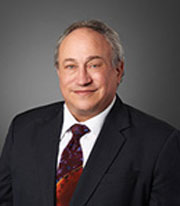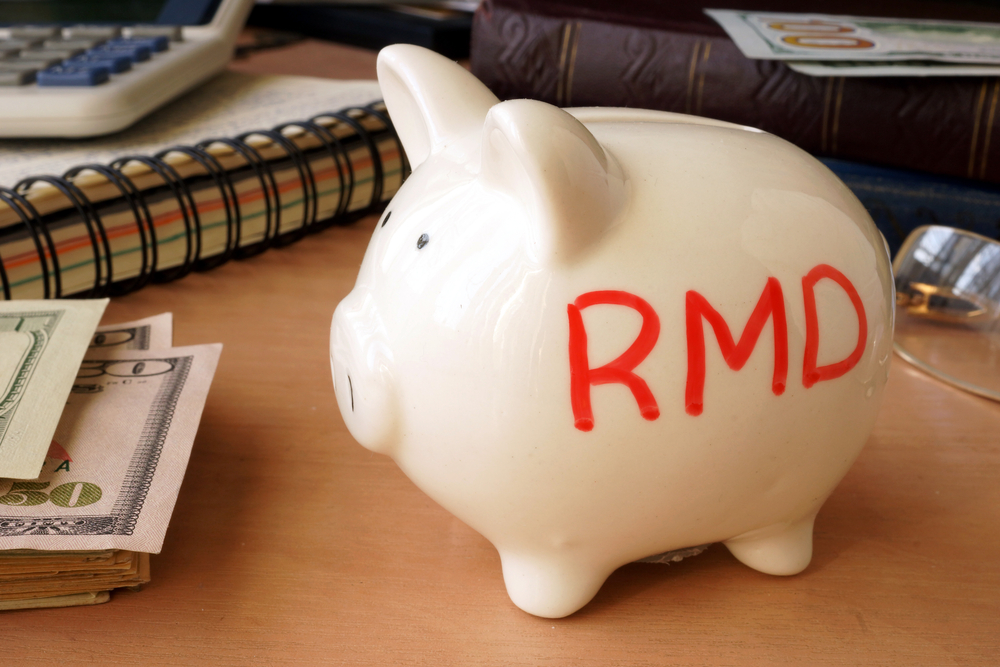
Federal law requires that beginning on April 1 of the year after you reach age 70 1/2, you must begin withdrawing a minimum amount from your non-Roth individual retirement account (IRA) or 401(k) accounts. This Retirement Account Distribution is called a Required Minimum Distribution (RMD).
But what if you die after age 70 1/2 and before all the account funds have been distributed?
As far as tax law is concerned, death is no excuse not to take RMDs from an IRA or 401(k). Your heirs must take the final RMD before they can take control of the account.
Congress created the rules governing the minimum distribution of retirement plan funds to encourage saving for retirement and to allow retirement assets to build up tax-free during the plan owner’s working years.
But lawmakers built in provisions so the money wouldn’t simply keep accumulating tax-free forever. The funds you withdraw are treated as taxable income in the year you take the distribution.
If you don’t start taking the RMDs from your retirement accounts and pay taxes on the withdrawals, you will face a 50 percent penalty on what should have been withdrawn but wasn’t. That’s a costly penalty.
The rules for inheriting an IRA as a spouse are different than the rules for a non-spouse beneficiary, but regardless of who is inheriting the IRA, the heir must take the RMD for the year the account owner died.
The full RMD must be taken by December 31 in the year the account owner died, even if he or she died at the beginning of the year. To take the RMD, beneficiaries must contact the custodian of the account and submit a death certificate. If the account owner died before he or she was required to begin distributions, then the beneficiaries do not need to take an RMD.
The money from the RMD will go directly to the beneficiary listed on the account, not the estate. That means it will be taxable income for the beneficiary. If there is more than one beneficiary, it will be split evenly.
If you have questions about RMDs, please call us at 516-307-1236. We look forward to speaking with you.
Written by Stephen J. Silverberg, Attorney at Law, Founder of the Law Office of Stephen J. Silverberg, located in Roslyn Heights, New York. Attorney Silverberg is a Member of the National ElderCare Matters Alliance, and he and his firm have a Featured Listing on ElderCareMatters.com – America’s National Directory of Elder Care / Senior Care Resources to help families plan for and deal with the issues of Aging.
If you have additional questions about your family’s Elder Care / Senior Care Matters, you can count on ElderCareMatters.com (America’s National Directory of Elder Care / Senior Care Resources) to help you find America’s Top Elder Care / Senior Care Professionals. You can find Local Elder Care / Senior Care Experts by Searching our National Database by City and Service Category. (This Search feature is located on the homepage of ElderCareMatters.com).
The Elder Care / Senior Care Experts that are found on ElderCareMatters.com can provide you with the help you need in a total of 43 different Elder Care / Senior Care Services, including Assisted Living, Care Management, Daily Money Management, Elder Law, Estate Planning, Senior Living, Investment Advisory Services, Tax & Accounting Services, Wills & Trusts, Probate plus many other Elder Care Services.
We look forward to helping you plan for and deal with your family’s Issues of Aging.


